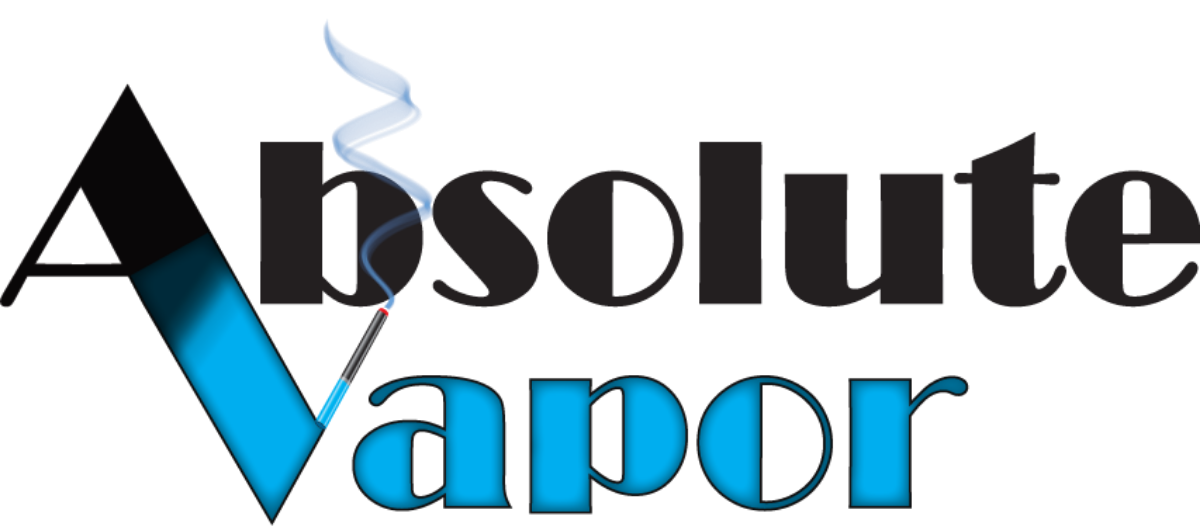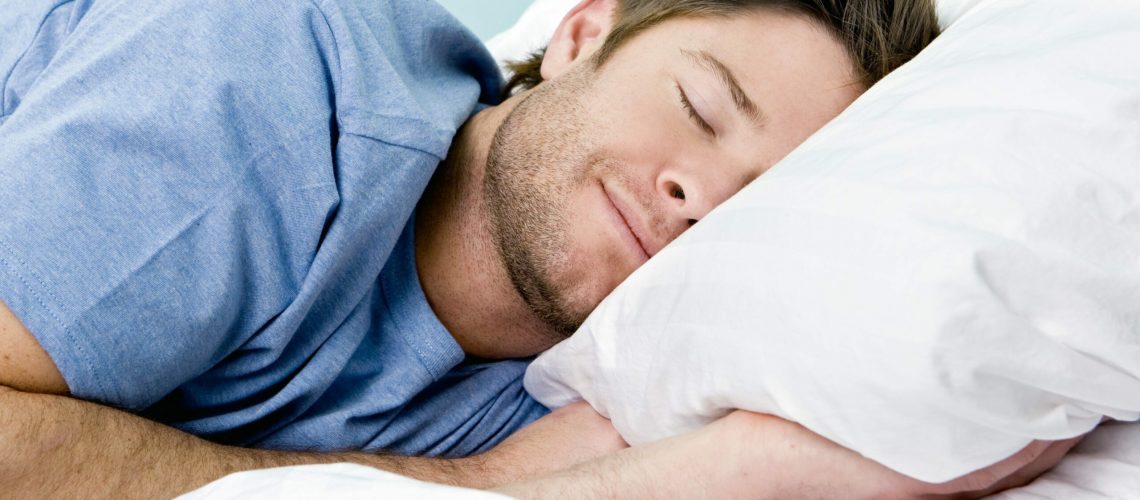The simple answer is that you should take the dose that works best for you. What that might be … is less straightforward.
To begin with the beginning: researchers say that cannabidiol (CBD), one of the many cannabinoid compounds in cannabis, has properties that allow some people to get a better night’s sleep. That compound, scientists say, interacts with the endocannabinoid receptors that line the body and brain which, in turn, control anxiety, pain, healing … and sleep cycles.
The great advantage of CBD over sleep aids, antidepressants, and pain killers also often used to induce sleep is that the latter often delay or interrupt natural sleep and prevent deep sleep. CBD does not act in that way. It is an alternative and a natural way to remove the factors that get in the way of the natural cycle of wakefulness and sleep: anxiety, pain, and others.
Paucity of Data
Such research raises your question: what is the maximum CBD dosage conducive to the improvement of sleep? Although is difficult, possibly impossible, to overdose on cannadinoid, an appreciation of that fact is not sufficient to answer to question: after what point is “more” not “better”?
There is what researchers call a “paucity of data” on this point, arising from “a remarkable lack of randomized clinical trials and other formal clinical studies.” That is: we don’t know.
Milligrams: Some Numbers
According to a 2012 study, reporting on high-dose oral CBD (between 150 to 600 milligrams a day), doses in that range are more effective than are lower doses
The 2012 study supports much older research, published in the Journal of Clinical Pharmacology in 1981, that found that subjects who received 160 mg of CBD not only slept better than those who had received a placebo, they slept better than those who had received the lower dosages tested.
The 1981 study also looked at CBD as a treatment for epilepsy for an eight patient sample. . It found that seven of the epileptics receiving cannabidiol “had improvement of their disease state, whereas only one placebo patient improved.”
It is likely that the “ideal dose” varies from one user to another. Anecdotally, some users get good results with just 30 to 100 mg, well others tolerate 1000 mg a day. What are the factors that cause variation in optimal dosage? Sex, health, body weight, or any number of other factors and combinations of factors might be at work. Again, this is a field where there are more questions than data. In the words of a 2017 literature review, there is a great need for “additional controlled and longitudinal research … to advance our understanding” of the whole nexus between the compounds in cannabis and sleep.
A Suggestion from Earleywine
A psychology professor at the University of Albany, Mitch Earleywine, advises starting with a dose of 30 mg, and slowly working up. A study done in 2004 suggests that doses lower than that (such as the 15 mg tested in that study) may work in the opposite direction, as an energizer.
While working upward from 30 mg, scientific concerns won’t be the only constraint for most patients. As Earleywine, a NORML board member, also says, regular doses of 160 mg or more can quickly become “incredibly expensive” for many potential uses. It is sensible for patients and their caretakers to hold usage to the lower effective dose.
As a rule of thumb, and subject to the wide individual variance mentioned, dosage between 150 and 200 is probably as high as you’ll need to go in improving your sleep.
If that proves inadequate: THC may have a more marked effect in inducing sleep.
Bear in mind, too, that no official dosage can be given for CBD products until such time as the Food and Drug Administration (FDA) releases its official guidelines.
Sources:
Babson, Kimberly A., James Sottile, and Danielle Morabito. “Cannabis, Cannabinoids, and Sleep: A Review of the Literature.” Current Psychiatry Reports. April 2017. https://www.ncbi.nlm.nih.gov/pubmed/28349316.
Carlini, Elisaldo A., and Jomar M. Cunha. “Hypnotic and Antiepileptic Effects of Cannabidiol.” The Journal of Clinical Pharmacology 21, no. S1 (08, 1981). doi:10.1002/j.1552-4604.1981.tb02622.x.
Linares, Ila M P, Francisco S. Guimaraes, Alan Eckeli, Ana C S Crippa, Antonio W. Zuardi, Jose D S Souza, Jaime E. Hallak, and José A S Crippa. “No Acute Effects of Cannabidiol on the Sleep-Wake Cycle of Healthy Subjects: A Randomized, Double-Blind, Placebo-Controlled, Crossover Study.” Frontiers in Pharmacology. April 05, 2018. https://www.ncbi.nlm.nih.gov/pmc/articles/PMC5895650/.
“Quality. Independence. Impact.” Brookings. April 15, 2019. https://www.brookings.edu/.
Shannon, Scott, Nicole Lewis, Heather Lee, and Shannon Hughes. “Cannabidiol in Anxiety and Sleep: A Large Case Series.” The Permanente Journal. January 7, 2019. https://www.ncbi.nlm.nih.gov/pmc/articles/PMC6326553/.
Barbara is a freelance writer and a sex and relationships adviser at Dimepiece LA and Peaches and Screams. Barbara is involved in various educational initiatives aimed at making sex advice more accessible to everyone and breaking stigmas around sex across various cultural communities. In her spare time, Barbara enjoys trawling through vintage markets in Brick Lane, exploring new places, painting and reading.
[email protected]
- Haze THC by Just Delta: A Kaleidoscope of Flavor and Euphoria – A Personal Exploration - September 25, 2023
- Unlocking Desire: Exploring CBD’s Influence on Libido – Research Findings, Advantages, Drawbacks, and Beyond - September 22, 2023
- Thcv Gummies: The Ultimate Guide - August 11, 2023



